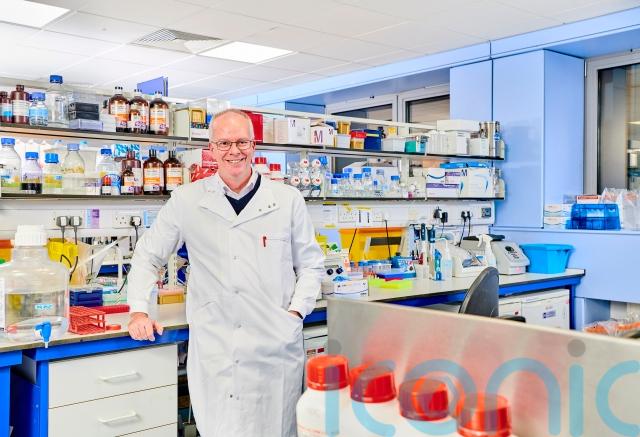
The Scottish Government should invest an extra £37 million in scientific research, the British Heart Foundation (BHF) has said.
A new report by the charity, released on Tuesday, found that Scotland’s chief scientist office provided per capita funding equivalent to just 63.9% of that officered by the National Institute for Health Research (NIHR), its English equivalent.
Per head of population in Scotland, the chief scientist office provides £12.03 of funding for clinical research, compared to £18.94 from the NIHR.
The report said: “To ensure this crucial area of research is supported, the Scottish Government should increase funding to the chief scientist office in line with the per capita funding of the NIHR by the UK Government.
“This would mean increasing the budget of the CSO from its current £65.5 million to £103 million with the aim of establishing and supporting research infrastructure and career development in Scotland.
“This increase should utilise any Barnett consequentials generated from the UK Government’s planned uplift to funding for NIHR to £2 billion by 2024–25.”
Professor James Leiper, the associate medical director at the BHF and a professor of molecular medicine at Glasgow University, said increased funding from Government would allow charities to focus their efforts of providing treatments for diseases they seek to eradicate.
“The role played by charities like the BHF in funding medical research to save and improve lives cannot be underestimated.
“When it comes to heart disease, one of Scotland’s biggest killers, treatments and cures that were once deemed science fiction have now become reality.

But there are many families across Scotland waiting for the next medical breakthrough.
“Charities can only do so much and that is why we are asking the Scottish Government to prioritise funding in this area to complement the work of medical research charities.
“We are funded entirely by public donations but if the Government was to invest more in infrastructure and career development in our research institutions, more of the money we raise could be used directly to fund the discovery of treatments and cures for patients.”
The call comes as a report from the Fraser of Allander Institute shows as many as 7,400 jobs in Scotland are supported by clinical research, supported by £122 million of investment in 2018.
The analysis found that, for every £1 million spent on research by charities, £1.33 million of gross value added is generated for the economy.
Professor Mairi Spowage, the director of the institute, said: “This report demonstrates the substantial role that charities make to medical research funding in Scotland. This funding not only results in advances in healthcare, but also plays a key role in supporting Scotland’s economic growth.
“Charity medical research funding is put to work in Scottish universities and medical research organisations, bringing together experts to develop novel treatments and medicines.
“This research shows how this funding flows through Scottish supply chains, ultimately generating employment and economic activity across the whole of Scotland.”
Scottish Tory public health spokeswoman, Sue Webber, urged the Scottish Government to “listen to BHF”, adding: “Investing in medical research may not be headline-grabbing but it is absolutely crucial because it can literally save lives.
“The Scottish Conservatives recognise this, which is why our manifesto for last year’s Scottish Parliament elections called for R&D expenditure in Scotland to be increased to 2.4 per cent of GDP by 2026.”
A Scottish Government spokesman welcomed publication of the reports.
“The Chief Scientist Office has recently announced the outcome of the Precision Medicine Alliance Scotland Funding Call, which includes £10 million investment in four NHS-led research projects to tackle health conditions of major importance,” the spokesman said.
“We will continue to work with health research charities to ensure the recovery and growth of the NHS Scotland clinical trials portfolio, as we emerge from the Covid-19 pandemic.”
Subscribe or register today to discover more from DonegalLive.ie
Buy the e-paper of the Donegal Democrat, Donegal People's Press, Donegal Post and Inish Times here for instant access to Donegal's premier news titles.
Keep up with the latest news from Donegal with our daily newsletter featuring the most important stories of the day delivered to your inbox every evening at 5pm.